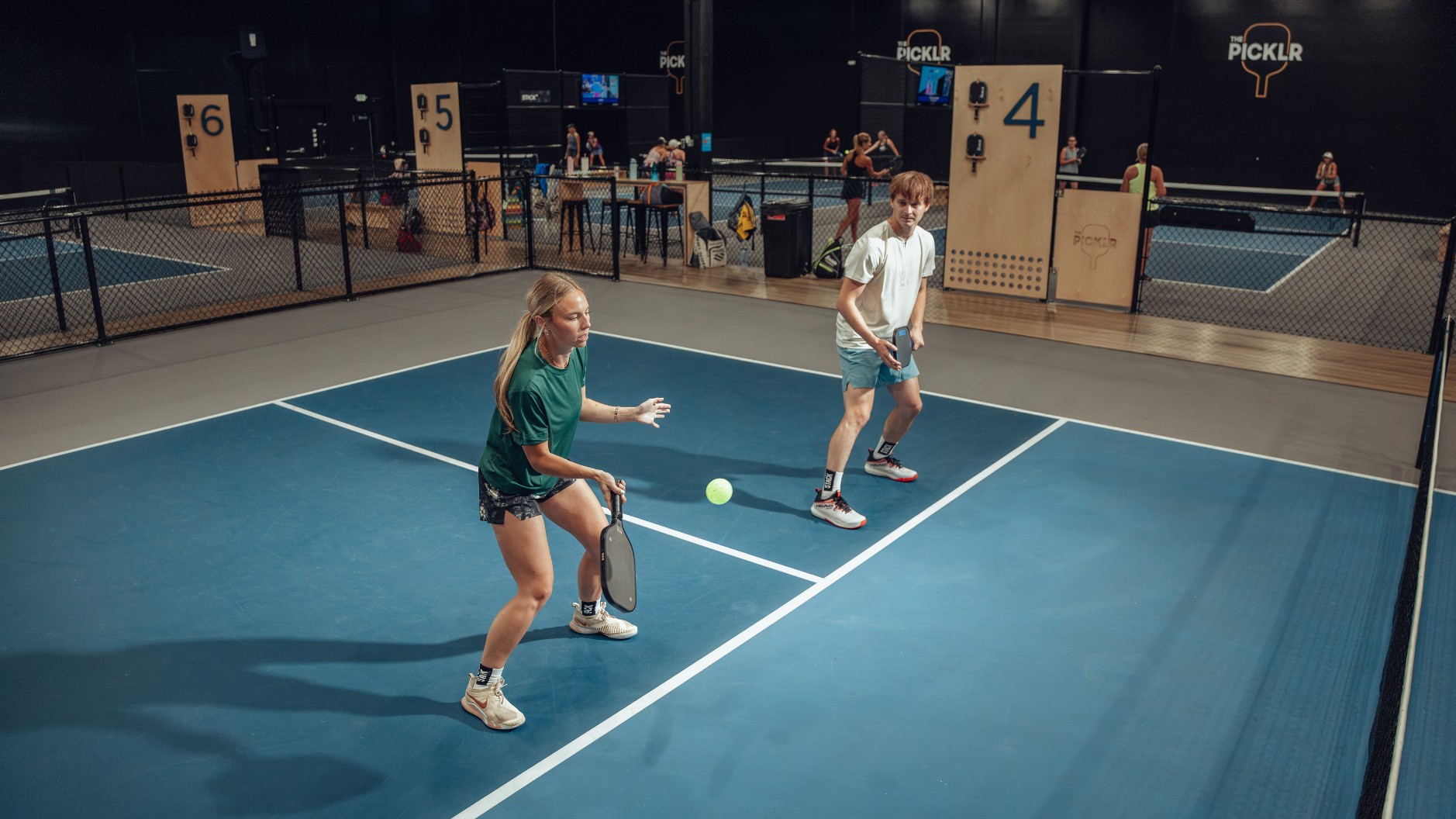
In recent years, the booming popularity of pickleball has driven an unprecedented demand for high-performance paddles. However, as the world becomes increasingly conscious of environmental challenges, manufacturers are under pressure to rethink traditional production methods. For Dore Sports, a leading manufacturer of pickleball paddles, this has sparked a deep dive into one of the industry's most pressing questions: how can we balance sustainability and performance in paddle manufacturing?
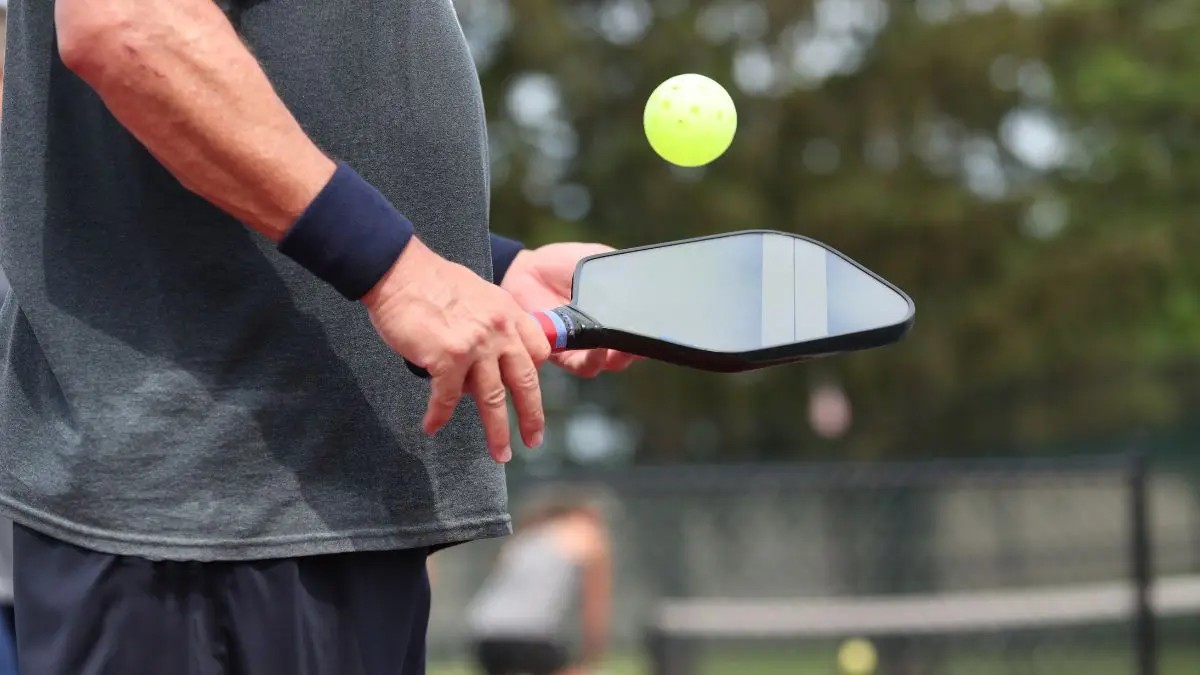
The Rise of Eco-Conscious Consumers
As pickleball gains traction globally—especially in North America and parts of Europe—players are becoming more informed and selective. Beyond performance, many now consider the environmental footprint of the products they use. This shift in consumer mindset has encouraged brands to explore greener alternatives without compromising the quality of play.
“Eco-friendly materials used to be a niche demand,” says Emma Liu, Product Manager at Dore Sports. “But now, customers are actively asking about what goes into the paddles—how they’re made, whether the materials are recyclable, biodegradable, or sourced sustainably.”
Sustainable Materials in Focus
In response, Dore Sports has started integrating a variety of eco-conscious materials into its production lines:
• Bamboo and Flax Fiber Cores: These natural fibers are renewable and provide excellent shock absorption, offering a softer yet competitive feel.
• Recycled Carbon Fiber Composites: By working with suppliers who reclaim carbon fiber waste from aerospace and automotive industries, Dore Sports reduces its reliance on virgin raw materials while maintaining strength and durability.
• Water-Based Adhesives: Replacing traditional chemical adhesives, water-based options significantly lower VOC emissions and make the production environment safer.
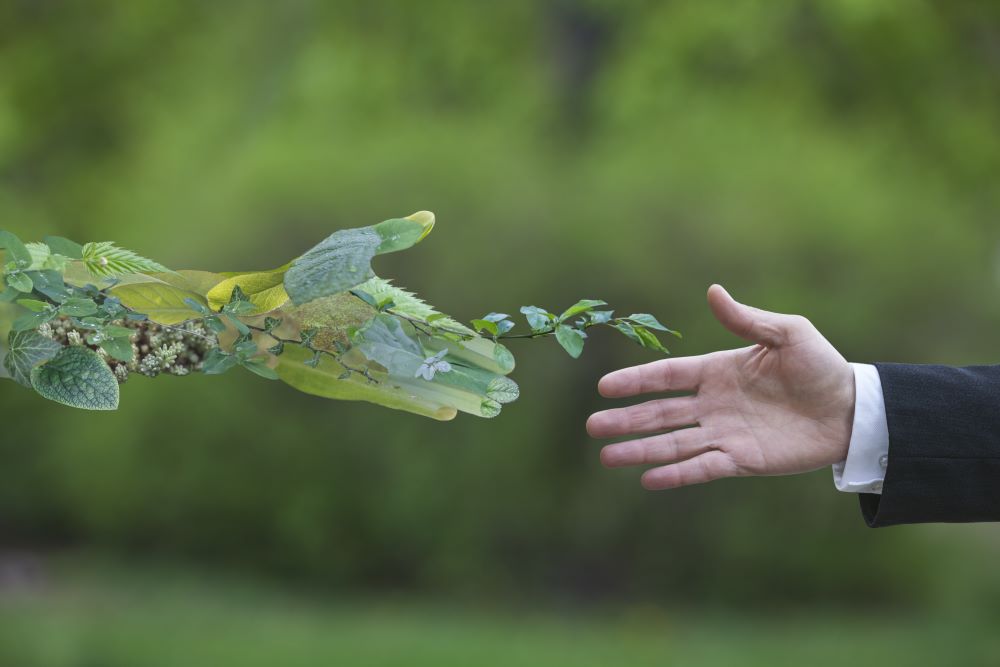
Performance vs. Sustainability: The Delicate Balance
One of the core challenges in this transition is ensuring that eco-friendly paddles still meet the high-performance standards expected by professional and amateur players alike.
“Our R&D team has been running side-by-side comparisons between conventional paddles and those made from sustainable materials,” says Liu. “We’re optimizing core structures, testing surface textures, and refining weight balance to ensure the performance gap is minimal—if any at all.”
Advanced simulation software and player feedback loops help Dore fine-tune each iteration, with some prototypes already surpassing traditional paddles in vibration dampening and control.
Packaging and Supply Chain Innovation
Beyond the paddle itself, Dore Sports is also revamping its packaging and logistics strategies. The company has moved toward fully recyclable packaging, minimized plastic use, and implemented flat-packing techniques to reduce shipping volumes and emissions.
Moreover, Dore is digitizing its supply chain to better track material origins and carbon output, giving wholesale partners and retailers clear sustainability metrics to share with their customers.

Aligning with Global Trends
Dore’s transformation isn’t just about environmental ethics—it’s a strategic move to stay ahead in a competitive, fast-evolving market.
“As sustainability becomes a baseline expectation, it’s no longer just a selling point—it’s a requirement,” explains Liu. “We want to be at the forefront, offering paddles that players love and that the planet can live with.”
With pickleball set to grow further in both recreational and professional arenas, Dore Sports believes its commitment to innovation and responsibility will pave the way for a new generation of greener gear—without sacrificing the spirit of the game.

As a one-stop pickleball product supplier, D...
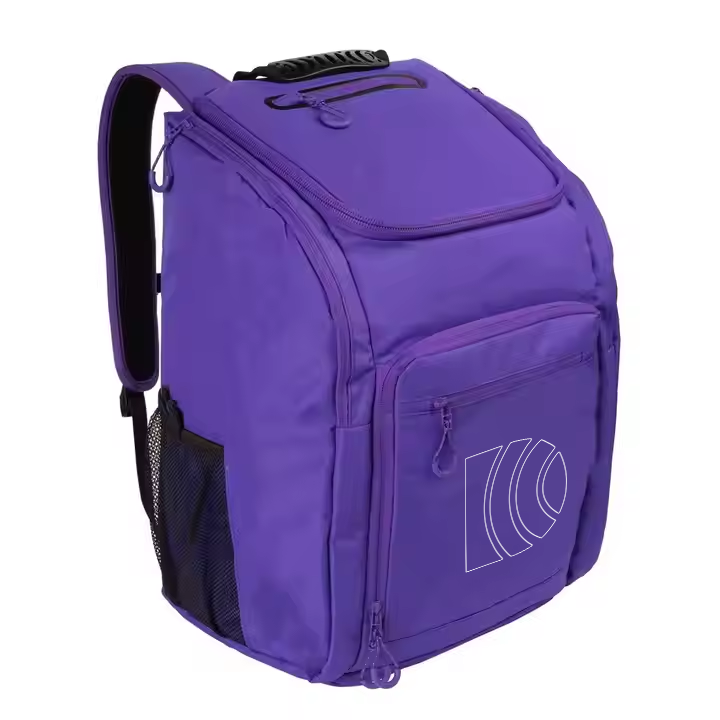
As a one-stop pickleball product supplier, D...
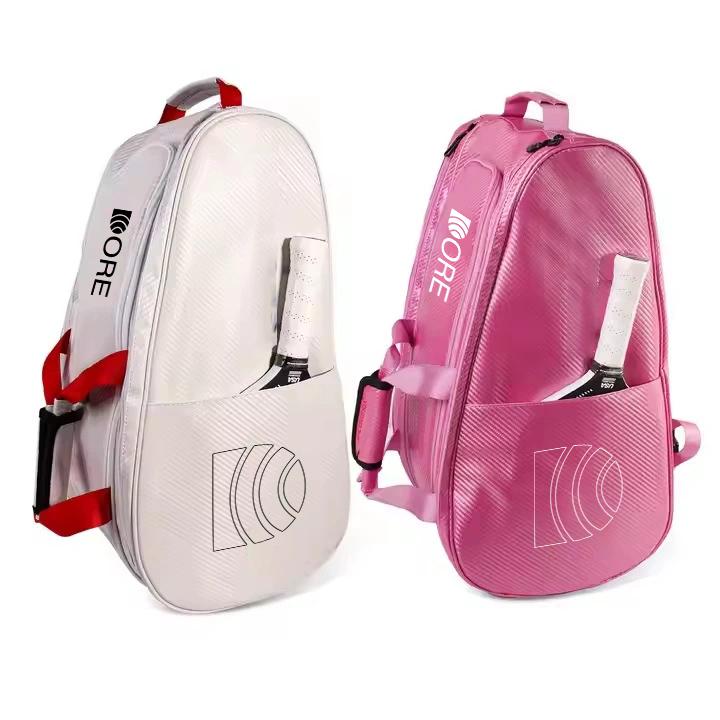
As a one-stop pickleball product supplier, D...